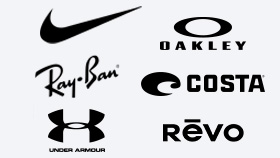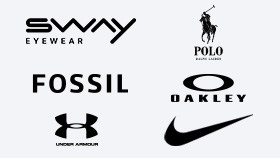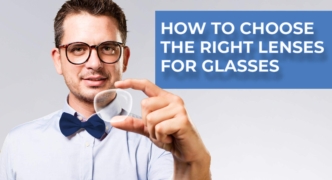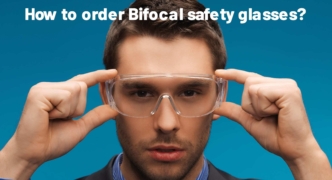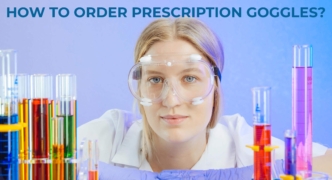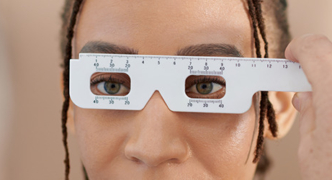

The first step to finding a great pair of prescription safety glasses is understanding the specific hazards that your eyes face on a regular basis. Are you in an environment where chemical exposure is a possibility? Are you at risk of projectile impact on your job site? Take factors like these into consideration when you’re shopping for bifocal safety glasses and look for a pair that’s specifically designed for the eye hazards you may encounter. Consider where you are going to be riding. This can make a big difference in what will be the right eyewear for your needs. You will measure your temple-to-temple width to figure out the total width of your glasses, including the frames, lenses, and bridge. This measurement is used to determine the most appropriate full width of prescription glasses online to fit your face best. For this measurement, you will need a mirror and a rule. Using a photo for this measurement is inappropriate because it cannot be scaled to the accurate sizing; use only a mirror and a ruler for best results. You will measure from your left temple to your right temple. To do so, hold the ruler below your eyes in a horizontal position and measure the distance between the two temples and record your measurement for total width. Another vital part of gathering all of your face measurements is yet another temple measurement; this one isn’t from your temples; it is for the temples or arms of the glasses. To determine the correct length of temples for your glasses, you will use your total width. Temples on glasses usually come in three preset sizes but can also be found in ranges from 4.7 – 5.9 inches. The larger the whole width of your face, the larger the temples will need to be on your glasses. Dark sunglasses reduce the amount of light that reaches your eyes, causing your pupils to dilate. If the lenses do not also provide UV protection, dilation allows more UV radiation to enter your eye. It can be worse than wearing nothing on your face at all. Light lenses of prescription sunglasses do not cause your pupils to dilate as much as dark lenses do. However, if the lenses provide UV protection, it is a matter of personal preference. UV protection can be added to light-colored lenses or lenses with no color at all. In the short term, exposure to UV radiation can cause your eyes to get sunburned. In the long term, it can cause benign or cancerous growths on the eye. It can also put you at risk for other chronic ocular conditions, such as macular degeneration and cataracts. Polarized lenses block horizontal light rays to reduce glare. This prevents you from having to squint when looking at an object from which sunlight is reflecting. Polarization itself does nothing to block UV rays, but there are polarized lenses that also provide UV protection. Be sure to verify before purchasing. As with polarized lenses, it is not a given that dark polarized sunglasses with prescription lenses will automatically protect your eyes from UV radiation. However, UV protection is usually an option with dark prescription lenses, so this is something to verify and specifically ask for when ordering.
1. Gather Your Materials

2. Set a Baseline

3. Shine the Light Through the Lenses of the Sunglasses and Onto the Bill

FAQs
What happens if you go outside wearing sunglasses that don't provide UV protection?
Which are better: Dark lenses or light lenses?
How can UV radiation damage your eyes?
Do polarized sunglasses provide UV protection?
Do prescription sunglasses provide UV protection?







